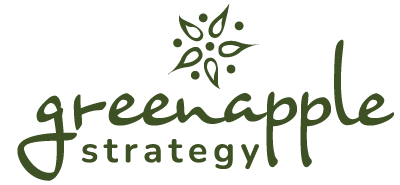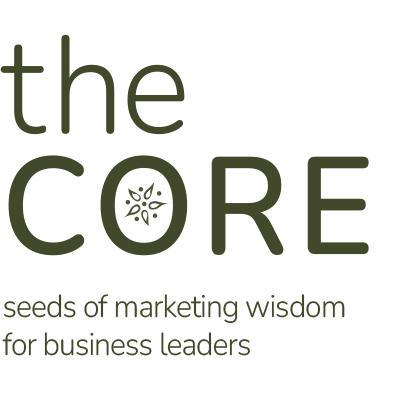Partnering with an outside marketing agency is a common business practice in almost every industry. Whether it’s outsourcing a website design or partnering with an agency on an ongoing monthly retainer, a majority of businesses work with a marketing agency at some point along the way.
3 Ways to Create a Strong Partnership with Your Marketing Agency
How do you guarantee the relationship with your marketing agency is mutually beneficial? Here are three things I’ve learned after being on both sides of the table and spending the last decade in the agency world:
- Have a Collective Focus on a Common Goal
- Get Buy-In from Across the Business
- Establish Clarity and Alignment Around Expectations





